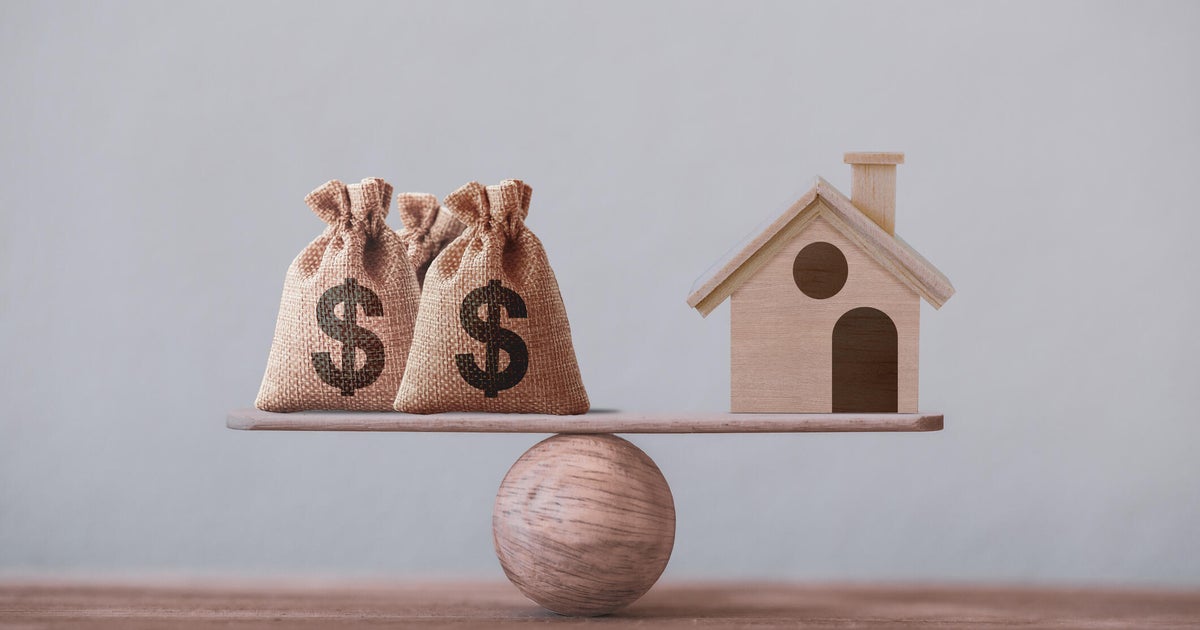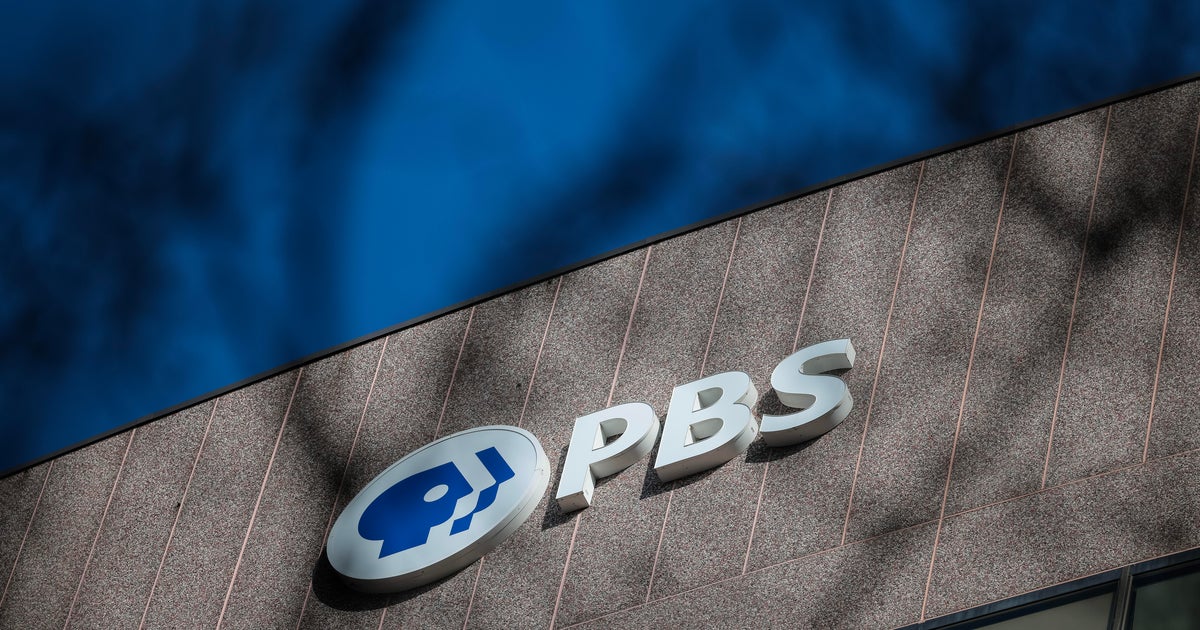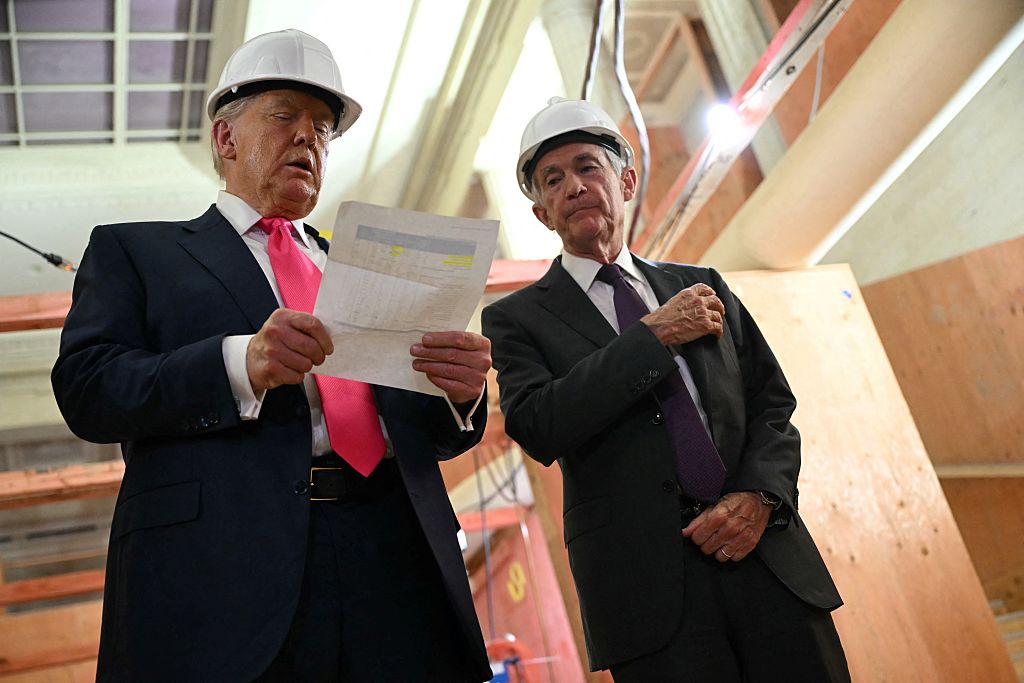What the new interest rate pause means for home equity loan rates
The Federal Reserve's monetary policy has been a subject of keen interest for homeowners in recent months — and for good reason. The Fed has raised its benchmark interest rate 11 times over the last 18 months to try and temper inflation. This, in turn, has caused borrowing to be a lot more expensive than it was just a couple of years ago.
But while numerous rate hikes have taken place recently, the Fed decided to keep its benchmark interest rate range unchanged when it met this week. On Wednesday, the Fed announced that the range will stay between 5.25% and 5.50% — already a 22-year high.
While the new rate pause is good news for potential borrowers, the central bank's decision is still likely to have a significant impact on the cost of borrowing, and that includes home equity loans. And, given the recent shifts to the overall rate environment, it's essential to understand what this means for homeowners who are looking to tap into their home's equity. So what exactly does the interest rate pause mean for home equity loan rates — and how will this affect potential borrowers?
Explore your top home equity loan options here to see what you qualify for.
What the new interest rate pause means for home equity loan rates
This week's Federal Reserve interest rate pause could mean a few different things for home equity loan rates, including:
Temporary rate stability
The pause in interest rate hikes provides stability — at least temporarily — to the home equity lending market. This means that if you're considering a home equity loan, the fixed and variable rates currently being offered likely won't change significantly in the short term (provided that there are no other economic shifts that impact them).
However, it's important to note that today's inflation rate is still above the Fed's target rate of 2%, despite the numerous rate hikes. So, there's a good chance that rate hikes will continue at some point in the near future — even if they're paused right now — to continue to try and reel in inflation. It could be smart, then, to lock in a home equity loan rate today to ensure that you get the lowest one possible in the current rate environment.
Find out more about the home equity loan rates you could qualify for.
Affordable borrowing
Homeowners who qualify for home equity loans can continue to benefit from relatively low borrowing costs. While the rates on mortgage loans, credit cards and other lending products have increased vastly compared to 2020 and 2021, home equity loan interest rates remain relatively favorable.
As of November 1, the average home equity loan interest rate was 8.88%. Compared to the double-digit interest rates that are currently attached to most credit cards, accessing the equity in your home remains an affordable way to finance home improvement projects, consolidate debt or cover other expenses.
Short-term rate predictability
A stable interest rate environment provides predictability for borrowers. You can plan your finances more effectively, knowing that your monthly payments are unlikely to increase significantly due to interest rate changes. That's especially true for homeowners who currently have variable rates on their home equity loans or home equity lines of credit (HELOCs), as this week's rate pause is unlikely to cause their rates to shift up or down in the near future.
Factors to consider when borrowing with a home equity loan
While the Fed's interest rate pause is generally good news for homeowners considering home equity loans, there are several important factors to keep in mind during the process, including:
- Your creditworthiness: Your credit score and financial history play a significant role in the interest rate you'll be offered. A good credit score can help you secure a lower rate, while a lower credit score may result in a higher rate.
- The loan-to-value ratio: The amount of equity you have in your home can impact the loan terms. Lenders typically have maximum loan-to-value ratios, so be prepared to discuss the specifics with your lender. While it varies, most lenders will only allow you to borrow a maximum of between 80% to 90% of your home's value (minus what you currently owe on your mortgage).
- The different loan options: Interest rates and loan terms can vary among lenders. It's essential to shop around and compare offers from different financial institutions to ensure you're getting the best deal on your home equity loan.
The bottom line
The Federal Reserve's interest rate pause has created a favorable environment for homeowners interested in accessing their home equity through loans or lines of credit. With stability in rates and affordable borrowing costs, these loans can be a useful financial tool for a variety of purposes. However, individual circumstances and creditworthiness will still play a significant role in the terms you're offered. As with any financial decision, it's crucial to carefully evaluate your options to make the best choice for your specific needs and goals.






